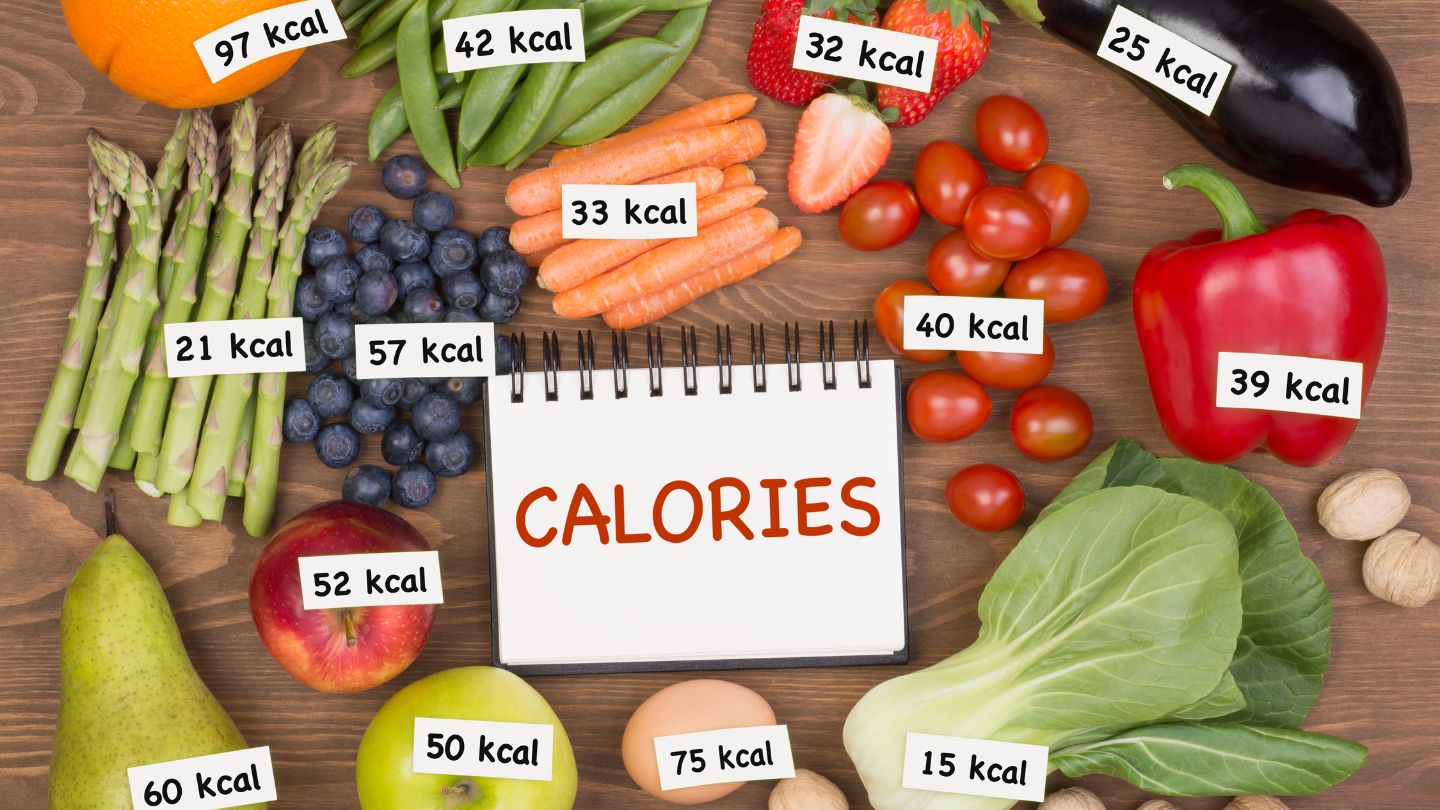Are you feeling stuck with your weight loss progress? A weight loss plateau is a common roadblock that can leave you feeling frustrated, but don’t worry—there are effective strategies to help you get back on track. In this blog, we’ll guide you through understanding why weight loss plateaus happen and share actionable tips to reignite your weight loss journey.
Key Takeaways
- Understanding body weight homeostasis is crucial for breaking a weight loss plateau.
- Adjusting calorie intake and exercise routine can help reignite your weight loss journey.
- Managing stress and ensuring adequate sleep are essential for long-term success.
Understanding Weight Loss Plateaus
A weight loss plateau is when your progress slows down or comes to a halt despite your continued efforts to lose weight. This phenomenon is a common experience for many on a weight loss journey and can be frustrating and demotivating. A weight loss plateau happens because your body’s metabolism slows down as you lose weight, requiring fewer calories to function. If your diet and exercise routine don’t adjust accordingly, you may find yourself stuck in a weight loss plateau.
Why Weight Loss Plateaus Happen
- Body Adjustments: As you lose weight, your body adjusts its metabolic rate and balance to conserve energy. This metabolic adaptation can slow fat loss and make it harder to continue losing weight, further complicating sustained weight loss efforts.
- Hormonal Changes: Appetite-regulating gastrointestinal hormones, such as ghrelin and leptin, shift during weight loss. These changes can increase hunger and decrease perceived satiety, making it challenging to stick to your plan.
- Loss of Lean Muscle Mass: Losing muscle mass while losing fat mass can reduce your total daily energy expenditure, slowing your progress.
Identifying the Causes of Your Plateau
Identifying the causes of a weight loss plateau is crucial to overcoming it. Several factors can contribute to a weight loss plateau, including changes in diet, lack of physical activity, and lifestyle factors.
Changes in Your Diet
Changes in your diet can be a significant contributor to a weight loss plateau. If you have been following a restrictive diet, your body may have adapted to the new calorie intake, and you may need to adjust your diet to continue losing weight. Additionally, if you have been eating the same foods for a long time, your body may have become accustomed to the nutrients and calories in those foods, leading to a weight loss plateau.
Some common dietary changes that can lead to a weight loss plateau include:
- Eating too few calories: If you don’t consume enough calories, your body may go into starvation mode, leading to a weight loss plateau.
- Not eating enough protein: Protein is essential for building and maintaining muscle mass, and a lack of protein in the diet can lead to a weight loss plateau.
- Not eating enough fiber: Fiber is essential for satiety and weight loss, and a lack of fiber in the diet can lead to a weight loss plateau.
Lack of Physical Activity
Lack of physical activity is another common cause of a weight loss plateau. Suppose you have been following a regular exercise routine. In that case, your body may have adapted to the physical demands of exercise, and you may need to increase the intensity or frequency of your workouts to continue losing weight.
Some common physical activity changes that can lead to a weight loss plateau include:
- Not exercising enough: If you are not exercising regularly, you may not burn enough calories to support weight loss.
- Not increasing intensity or frequency: If you have been following the same exercise routine for a long time, your body may have adapted to the physical demands of exercise, and you may need to increase the intensity or frequency of your workouts to continue losing weight.
Lifestyle Factors
Lifestyle factors can also contribute to a weight loss plateau. Stress, lack of sleep, and other lifestyle factors can affect hunger hormones and metabolism, leading to a weight loss plateau.
Some common lifestyle factors that can lead to a weight loss plateau include:
- Stress: Stress can increase hunger hormones and lead to overeating, making it difficult to lose weight.
- Lack of sleep: Sleep can disrupt hunger hormones and metabolism, leading to a plateau weight loss.
- Other lifestyle factors: Other lifestyle factors, such as a sedentary job or a busy schedule, can also contribute to a weight loss plateau.
By identifying the causes of your weight loss plateau, you can take steps to overcome it and continue losing weight. This may involve adjusting your diet, increasing physical activity, or addressing lifestyle factors contributing to the plateau.
Practical Strategies to Break Through
Adjust Your Calorie Intake
To begin losing weight again, it’s essential to reassess your daily calorie intake. As your body adapts to your current weight, your energy intake requirements change.
- Reduce daily calories gradually but avoid extreme cuts below 1,200 for healthy adults.
- Focus on nutrient-dense foods, including soluble dietary fiber supplementation, to improve perceived satiety.
- Be mindful of hidden calories in condiments, dressings, and beverages.
Revamp Your Exercise Routine
It’s time to intensify your efforts when your body adjusts to your current physical activity.
- Increase Strength Training: Building muscle increases calorie output and improves body composition.
- Incorporate Non-Exercise Activity Thermogenesis (NEAT): Simple activities like walking, gardening, or using stairs burn additional calories.
- Focus on Muscle Groups: Work on different muscle groups during workouts to maximize fat loss and build muscle.
Manage Stress Effectively
Stress hormones, like cortisol levels, can promote fat storage, especially in the form of belly fat.
- Practice healthy habits like mindfulness, deep breathing exercises, and yoga to manage stress.
- Reduce alcohol consumption, which can interfere with fat loss and weight maintenance.
Optimize Sleep and Recovery
Adequate sleep is critical for regulating metabolic rate and appetite.
- Aim for 7–8 hours of sleep each night to support healthy living and enhance weight loss efforts.
- Include active recovery days in your exercise regimen to prevent fatigue and support long-term success.
Dietary Adjustments for Continued Progress
Consider Low-Carbohydrate Diets
Low carbohydrate diets can help shift the body into fat-burning mode by reducing fat storage. A ketogenic diet is a specific type of low-carb diet that can be particularly effective. This method can be beneficial in targeting belly fat and breaking a weight loss plateau.
Try Intermittent Fasting
Intermittent fasting, which involves cycling between eating periods and fasting intervals, can help you burn more calories and regulate energy intake effectively.
- Common methods include limiting food consumption to an 8-hour window.
- Intermittent fasting may enhance fat loss by encouraging your body to utilize stored fat.
The Role of Protein in Weight Loss
Protein is a powerful ally in your weight loss journey.
- It preserves lean muscle mass, supports metabolic rate, and reduces hunger hormones like ghrelin.
- Incorporate high-protein meals or consider long-term protein consumption through clinical nutrition guidance.
How We Help You Break the Plateau
At Atlanta Medical Institute, we specialize in helping patients overcome weight loss plateaus through personalized programs:
- GLP-1 Semaglutide: This proven treatment targets appetite-regulating gastrointestinal hormones to support sustainable weight loss.
- Hormone Replacement Therapy (HRT): We address hormonal imbalances that can impact your weight loss efforts.
- Customized Plans: Our expert team creates tailored solutions based on your unique body composition, dietary habits, and goals.
With over a decade of experience and a proven track record of helping patients lose more weight effectively, we are committed to guiding you toward your goal weight with science-backed strategies.
Tips for Long-Term Success
- Track Your Progress: Use apps or journals to monitor daily calories, exercise routines, and body composition changes.
- Stay Consistent: Maintain healthy habits, including strength training, managing stress, and following your tailored plan.
- Seek Support: Our team provides ongoing motivation and accountability to help you reach your goals.
Summary
Breaking a frustrating weight loss plateau requires a comprehensive understanding of body weight homeostasis and implementing strategic changes. You can effectively continue losing weight by adjusting your calorie intake, intensifying your exercise routine, managing stress, and ensuring adequate sleep.
At Atlanta Medical Institute, a leading weight loss clinic in Atlanta, we offer personalized solutions tailored to address the unique challenges of weight loss plateaus. Our expert team is dedicated to helping you reignite your journey toward a healthier, happier you. Contact us today to start your transformation!
FAQs
What causes weight loss plateaus?
Weight loss plateaus occur due to metabolic adaptation, hormonal changes, and reduced energy expenditure as the body adjusts to its current weight.
How can I use intermittent fasting to break a plateau?
Intermittent fasting helps reduce fat mass by optimizing calorie intake and encouraging fat-burning during fasting periods.







